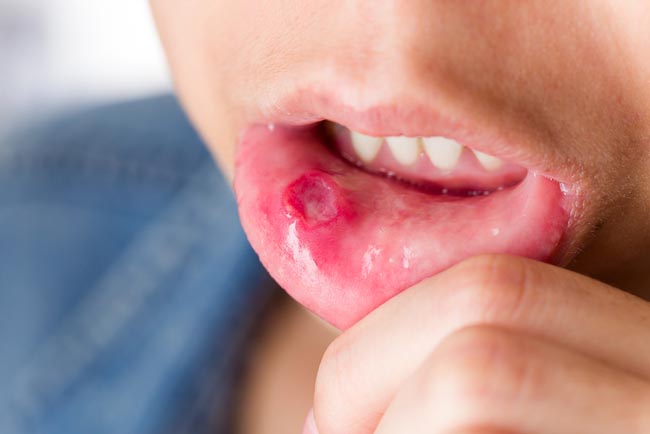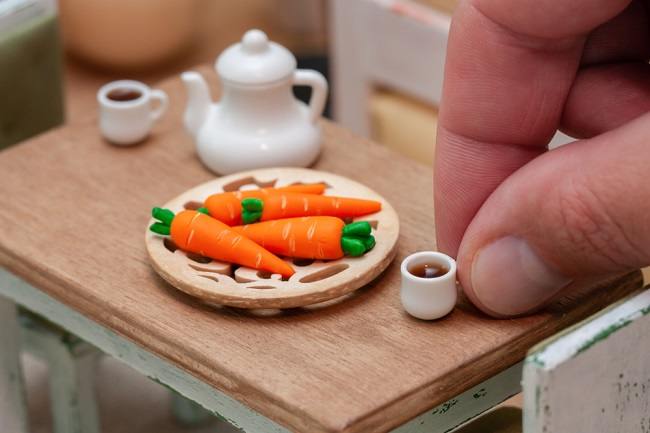Rhubarb still sounds foreign to Indonesian people. However, did you know that the health benefits of rhubarb are not small? This plant has long been used by the Chinese, Arabs, and Greeks since thousands of years ago as a treatment for various diseases.
Rhubarb (Rheum rhabarbarum) is a type of vegetable that grows in mountainous areas and temperate climates, such as East Asia, Europe, and North America.

Rhubarb leaves cannot be consumed because they contain toxins and high oxalic acid. Therefore, the only part of the rhubarb that can be consumed is the reddish stem. When tasted, rhubarb will give a refreshing sour taste.
Nutrients Contained in Rhubarb
In 100 grams of rhubarb, there are about 70 calories and a variety of the following nutrients:
- 18 grams of carbohydrates
- 1.5 grams of fiber
- 0.8 grams of protein
- 14 grams of sugar
- 75 milligrams of calcium
- 0.2 milligrams of iron
- 10 milligrams of magnesium
- 10-15 milligrams of phosphorus
- 230 milligrams of potassium
- 5.5 milligrams of choline
- 5.5–6 milligrams of vitamin C
Rhubarb also contains other nutrients, namely selenium, folate, vitamin A, vitamin B, vitamin E, and vitamin K, although in small amounts. These vegetables also contain antioxidants, such as polyphenols, anthocyanins, lycopene, as well as lutein and zeaxanthin.
Benefits of Rhubarb for Health
Besides being able to be consumed as a variety of dishes, such as salads and stir-fries, rhubarb can also be consumed as an herb. The following are the various health benefits of rhubarb:
1. Prevent and treat constipation
Foods that contain fiber, such as rhubarb, can help improve digestion. Consumption of rhubarb or other fibrous foods is known to be good for preventing and treating constipation.
2. Maintain heart health and function
Rhubarb contains fiber, antioxidants, and vitamins and minerals that can help lower cholesterol. Various studies show that regular consumption of rhubarb can reduce levels of bad LDL cholesterol by 9% and total cholesterol by about 8%.
Lowering cholesterol levels can prevent blockages in blood vessels due to cholesterol buildup (atherosclerosis) which can cause cardiovascular disease. In addition, rhubarb also contains potassium which plays an important role in controlling blood pressure.
Therefore, rhubarb is good for consumption to reduce the risk of heart disease and heart attacks.
3. Maintain bone health
The content of calcium and vitamin K in rhubarb is useful to support the process of forming bone tissue. Therefore, rhubarb is good for consumption to maintain bone strength and health, and reduce the risk of osteoporosis.
4. Reduces the risk of cancer
One of the benefits of rhubarb that is equally important is that it can reduce the risk of cancer. The antioxidant content in rhubarb is known to be useful for fighting free radicals, one of the triggers for the growth of cancer cells in the body.
5. Relieves inflammation
In some countries, such as China and Greece, rhubarb has long been used as a traditional medicine to treat fever and pain due to inflammation in the body.
These benefits are also supported by various studies showing that rhubarb contains anti-inflammatory substances, so it is useful for reducing inflammation in the body.
6. Healthy eyes
Rhubarb contains vitamin A and antioxidants, such as lutein, zeaxanthin, and lycopene, which are good for eye health. The intake in rhubarb is known to be good for preventing eye damage and reducing the risk of developing eye diseases due to aging, such as cataracts and macular degeneration.
In addition to the various properties above, rhubarb is also believed to be useful for accelerating the wound healing process, preventing obesity, and eradicating bacteria and parasites.
Unfortunately, the various benefits of rhubarb have only been known through small-scale studies. To date, there have been no clinical studies examining the effectiveness of the health benefits of rhubarb and its function as a treatment. Therefore, data regarding the health benefits of rhubarb still need to be studied further.
Things to Pay Attention to Before Consuming Rhubarb
In addition to containing various nutrients that are good for the body, rhubarb also contains calcium oxalate, especially in the leaves.
If consumed in excess, calcium oxalate can cause hyperoxaluria, which is the buildup of calcium oxalate crystals in various organs. This condition can trigger the formation of kidney stones and the risk of kidney failure.
If you want to eat rhubarb, you are advised to limit your intake so you don't overdo it and avoid consuming rhubarb leaves which contain toxins. Don't forget to process the rhubarb until it's fully cooked so that the oxalic acid levels are reduced and it's healthier to eat.
You can get the benefits of rhubarb if you add it to your daily healthy diet. However, if you want to take rhubarb as a supplement or herbal remedy, you should first consult with your doctor.









